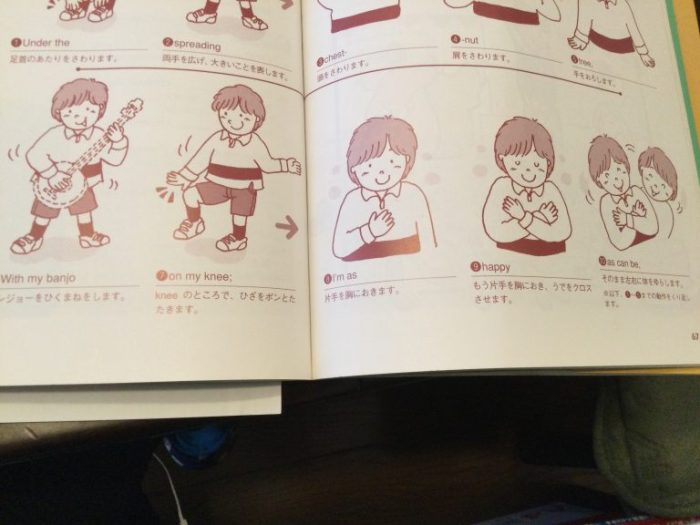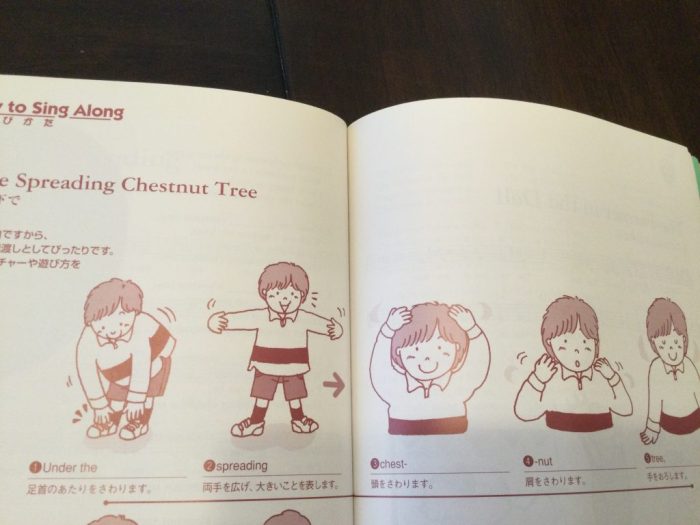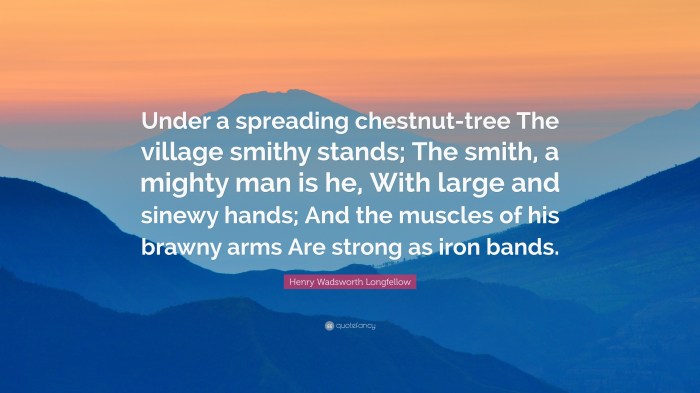Under the spreading chestnut tree lyrics – Under the Spreading Chestnut Tree, a beloved folk song, has captivated hearts for generations with its poignant lyrics and timeless melody. Its origins and cultural impact are a testament to the power of music to evoke emotions and create lasting memories.
The song’s genesis lies in the Victorian era, where it was composed by Henry Wood in 1889. The lyrics, penned by Clara Kathleen Rogers, paint a vivid picture of a love story set amidst the natural beauty of a spreading chestnut tree.
History and Origin of “Under the Spreading Chestnut Tree”

The beloved song “Under the Spreading Chestnut Tree” was composed in 1899 by Henry Clay Work, a prolific American songwriter known for his sentimental and patriotic melodies. The lyrics were written by George Cooper, a popular lyricist and playwright of the era.
The song was inspired by a real-life incident that occurred in 1847 in Delaware, Ohio. A group of young boys were playing under a large chestnut tree when one of them, a boy named Johnny Green, was struck by lightning and killed.
The song’s lyrics recount the tragic event and the subsequent grief of the boy’s family and friends. The spreading chestnut tree serves as a symbol of both the joy and sorrow of life.
Musical Structure and Composition
The song is written in the key of G major and has a simple but effective melodic structure. The melody is based on a series of repeated notes and phrases, which creates a sense of familiarity and comfort.
The harmony is relatively simple, consisting mostly of basic chords such as G major, C major, and D major. The rhythm is also straightforward, with a regular 4/4 time signature.
The instrumentation typically includes piano, violin, and cello. The piano provides the harmonic foundation, while the violin and cello add a melodic and expressive element.
Lyrical Analysis and Interpretation
The lyrics of “Under the Spreading Chestnut Tree” are simple and straightforward, but they convey a deep sense of emotion and loss. The song’s main themes include the fragility of life, the importance of family and friends, and the power of memory.
The song’s imagery is vivid and evocative. The spreading chestnut tree is a symbol of both the beauty and the sadness of life. The “golden leaves” represent the joys of childhood, while the “sad, sweet song” represents the pain of loss.
The song also uses a number of literary devices, such as metaphors and similes. For example, the line “The little birds sang sweetly in the tree” is a metaphor for the happiness of the boys before the tragedy.
Cultural Impact and Legacy

“Under the Spreading Chestnut Tree” has become one of the most popular and enduring songs in American history. It has been performed by countless artists, including Bing Crosby, Frank Sinatra, and Elvis Presley.
The song has also been used in a number of films and television shows, including “The Wizard of Oz” (1939) and “The Andy Griffith Show” (1960-1968).
The song’s popularity and enduring appeal are due to its simple but powerful lyrics, its catchy melody, and its universal themes of love, loss, and remembrance.
Comparison to Other Works

“Under the Spreading Chestnut Tree” is similar to other songs of the era that dealt with themes of loss and nostalgia. One such song is “Home on the Range” (1873), which also features a nostalgic longing for a simpler time.
However, “Under the Spreading Chestnut Tree” is unique in its use of a specific event as the inspiration for its lyrics. This gives the song a sense of authenticity and emotional weight that is lacking in many other songs of the period.
Visual Representation and Illustration: Under The Spreading Chestnut Tree Lyrics
| Stanza | Lyrics |
|---|---|
| 1 | Under the spreading chestnut tree The village smithy stands; The smith, a mighty man is he, With large and sinewy hands; |
| 2 | And the muscles of his brawny arms Are strong as iron bands. His hair is crisp, and black, and long, His face is like the tan; His brow is wet with honest sweat, He earns whate’er he can, And looks the whole world in the face, For he owes not any man. |
| 3 | Week in, week out, from morn till night, You can hear his bellows blow; You can hear him swing his heavy sledge, With measured beat and slow, Like a sexton ringing the village bell, When the evening sun is low. |
| 4 | And children coming home from school Look in at the open door; They love to see the flaming forge, And hear the bellows roar, And catch the burning sparks that fly Like chaff from a threshing-floor. |
| 5 | He goes on Sunday to the church, And sits among his boys; He hears the parson pray and preach, He hears his daughter’s voice, Singing in the village choir, And it makes his heart rejoice. |
| 6 | It sounds to him like her mother’s voice, Singing in Paradise! He needs must think of her once more, How in the grave she lies; And with his hard, rough hand he wipes A tear out of his eyes. |
| 7 | Toiling, rejoicing,- sorrowing, Onward through life he goes; Each morning sees some task begin, Each evening sees it close; Something attempted, something done, Has earned a night’s repose. |
| 8 | Thanks, thanks to thee, my worthy friend, For the lesson thou hast taught! Thus at the flaming forge of life Our fortunes must be wrought; Thus on its sounding anvil shaped Each burning deed and thought. |
FAQ Section
Who wrote the lyrics to Under the Spreading Chestnut Tree?
Clara Kathleen Rogers
When was the song composed?
1889
What is the main theme of the song?
Love, loss, and the power of memories